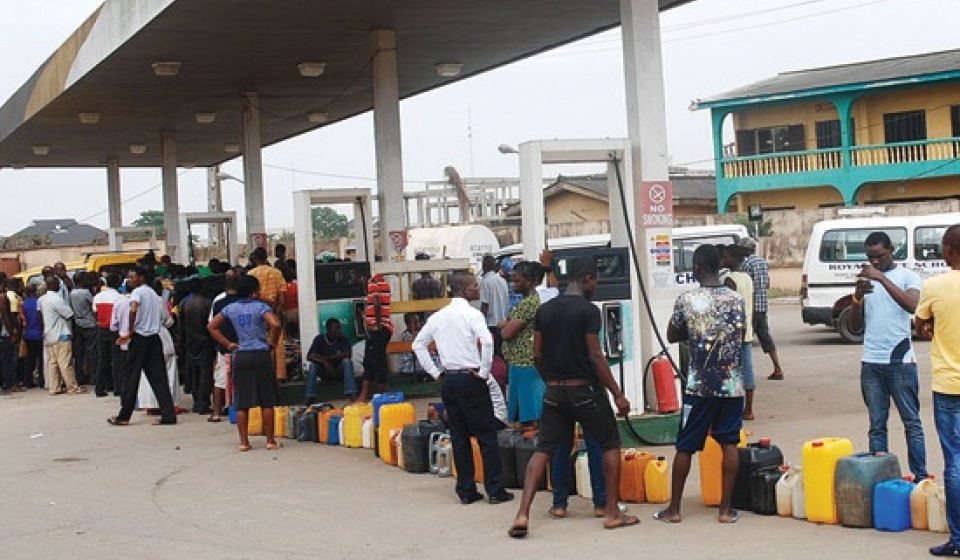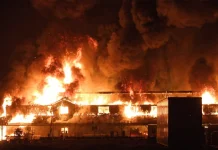As the nation grapples with persistent fuel scarcity, the Federal Government has initiated a 15-day emergency fuel distribution plan aimed at ensuring the availability of petroleum products throughout Nigeria.
Revealing this strategy, government officials announced that vessels transporting Premium Motor Spirit (PMS) would continue to dock at ports, offloading their cargo into various depots for subsequent distribution to filling stations nationwide.
The Major Energies Marketers Association of Nigeria reported that this week alone, eight vessels unloaded 300 million liters of fuel at Apapa and other Lagos locations. Additionally, the South-West Regional Coordinator of the Nigerian Midstream and Downstream Petroleum Regulatory Authority confirmed the offloading of approximately 240 million liters on Monday, with an additional 85 million liters by Tuesday evening.
Despite these efforts, long queues persisted at filling stations across Ogun and Lagos states, disrupting normal activities, including May Day celebrations. Many motorists opted to park their vehicles until fuel became more readily available, while the few stations with stock sold fuel at inflated prices.
Addressing concerns, Ayo Cardoso of the Nigerian Midstream and Downstream Petroleum Regulatory Authority assured the public of imminent relief, stating that more vessels were en route to Nigeria, with continuous distribution planned for the next two weeks. He emphasized equitable allocation to all states to alleviate shortages.
However, the scarcity’s impact extended beyond fuel queues. In Ogun State, residents faced skyrocketing transport fares, prompting some to resort to walking. Schools reported low attendance as students struggled with transportation challenges.
Expressing frustration, residents called upon the government to expedite solutions to the crisis, highlighting its adverse effects on livelihoods and daily routines.
As queues persist and frustrations mount, motorists like Kazeem Aderemi continue to endure long waits at filling stations, underscoring the urgency of resolving the fuel scarcity issue.













